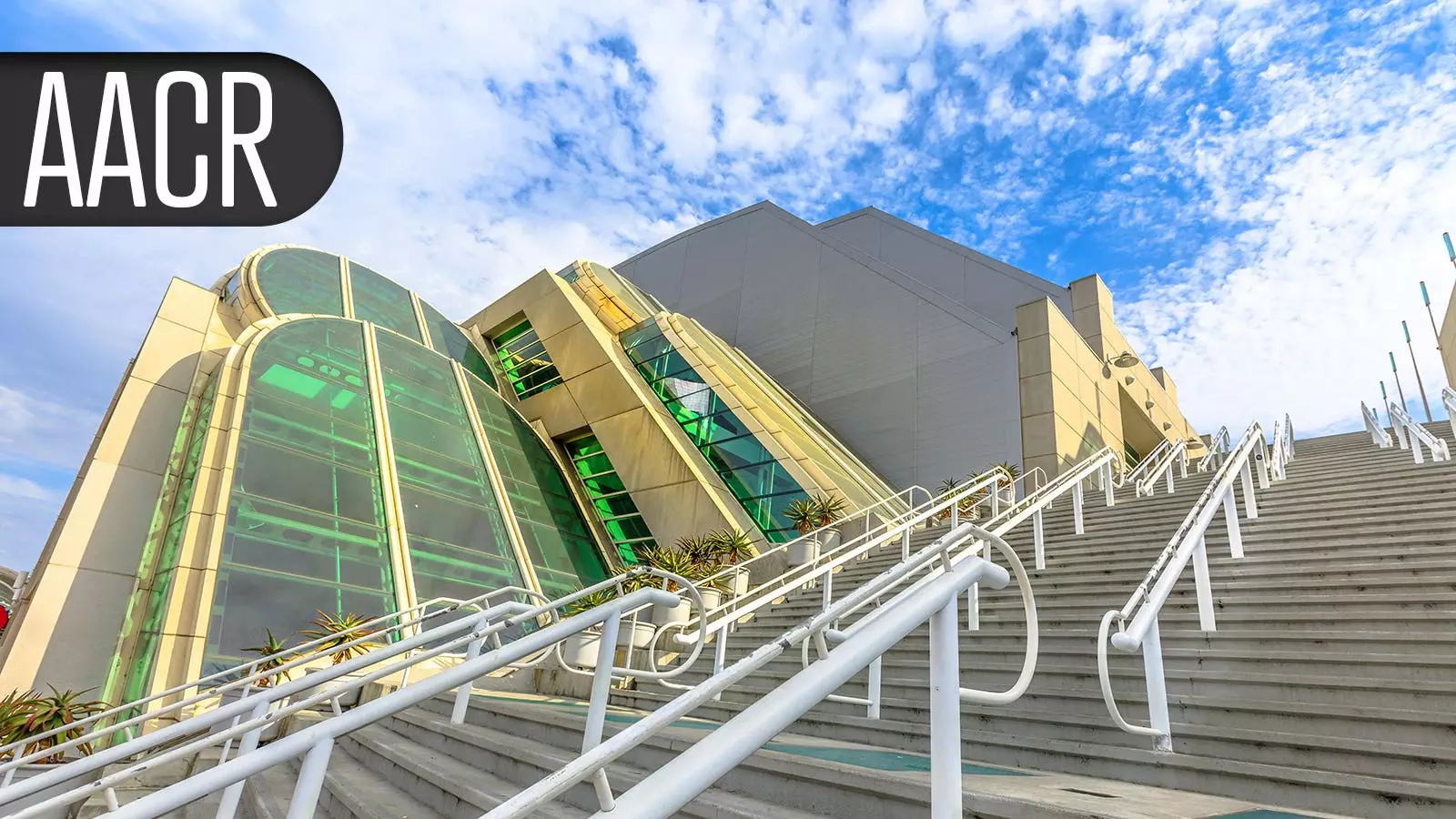Pancreatic cancer remains one of the deadliest forms of cancer, with limited treatment options and poor survival rates. However, a recent pilot study presented at the annual meeting of the American Association for Cancer Research (AACR) offers new hope for patients with borderline resectable pancreatic cancer. The study, led by Dr. Zev Wainberg of the University of California Los Angeles School of Medicine, explored the use of a combination of chemotherapy and immunotherapy as a neoadjuvant treatment for pancreatic cancer patients.
The phase I/II trial included 28 patients with borderline resectable pancreatic cancer who received a combination of modified FOLFIRINOX and the PD-1 checkpoint inhibitor nivolumab for 3 to 6 months. The results of the study showed promising outcomes, with a high rate of successful R0 resection among patients who underwent surgery. The median progression-free survival was 21.9 months, and the median overall survival was 34.6 months, with longer survival observed in patients who had successful surgeries.
The findings of this study have significant implications for the treatment of pancreatic cancer. Traditionally, chemotherapy and immunotherapy have been studied in the metastatic setting, with limited success. However, this study demonstrates the potential benefits of using these therapies earlier in the course of the disease, specifically in patients with borderline resectable pancreatic cancer. Achieving an R0 resection is crucial for improving survival outcomes in these patients, and the combination of chemotherapy and immunotherapy shows promise in achieving this goal.
Previous studies have shown varying outcomes with chemotherapy alone in the neoadjuvant setting. However, the addition of immunotherapy to the treatment regimen appears to have a synergistic effect, leading to higher rates of successful resections and improved survival outcomes. The results of this study are particularly noteworthy, as they demonstrate higher rates of R0 resection and improved survival compared to historical controls.
One of the key considerations in the study was the safety profile of the treatment regimen. While half of the patients experienced grade ≥3 adverse events, these were primarily attributed to chemotherapy rather than immunotherapy. Importantly, there were no grade 2 postoperative fistulas or other postoperative complications, which are common concerns with pancreatic cancer resection. This suggests that the combination of modified FOLFIRINOX and nivolumab is well-tolerated in this patient population.
The use of preoperative chemotherapy and immunotherapy shows promise as a treatment strategy for patients with borderline resectable pancreatic cancer. The results of this pilot study demonstrate favorable outcomes in terms of resection rates, progression-free survival, and overall survival. Further research is needed to confirm these findings and explore the potential benefits of this treatment approach in a larger patient population. Overall, the combination of chemotherapy and immunotherapy represents a promising new direction in the treatment of pancreatic cancer.


Leave a Reply